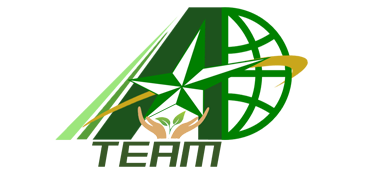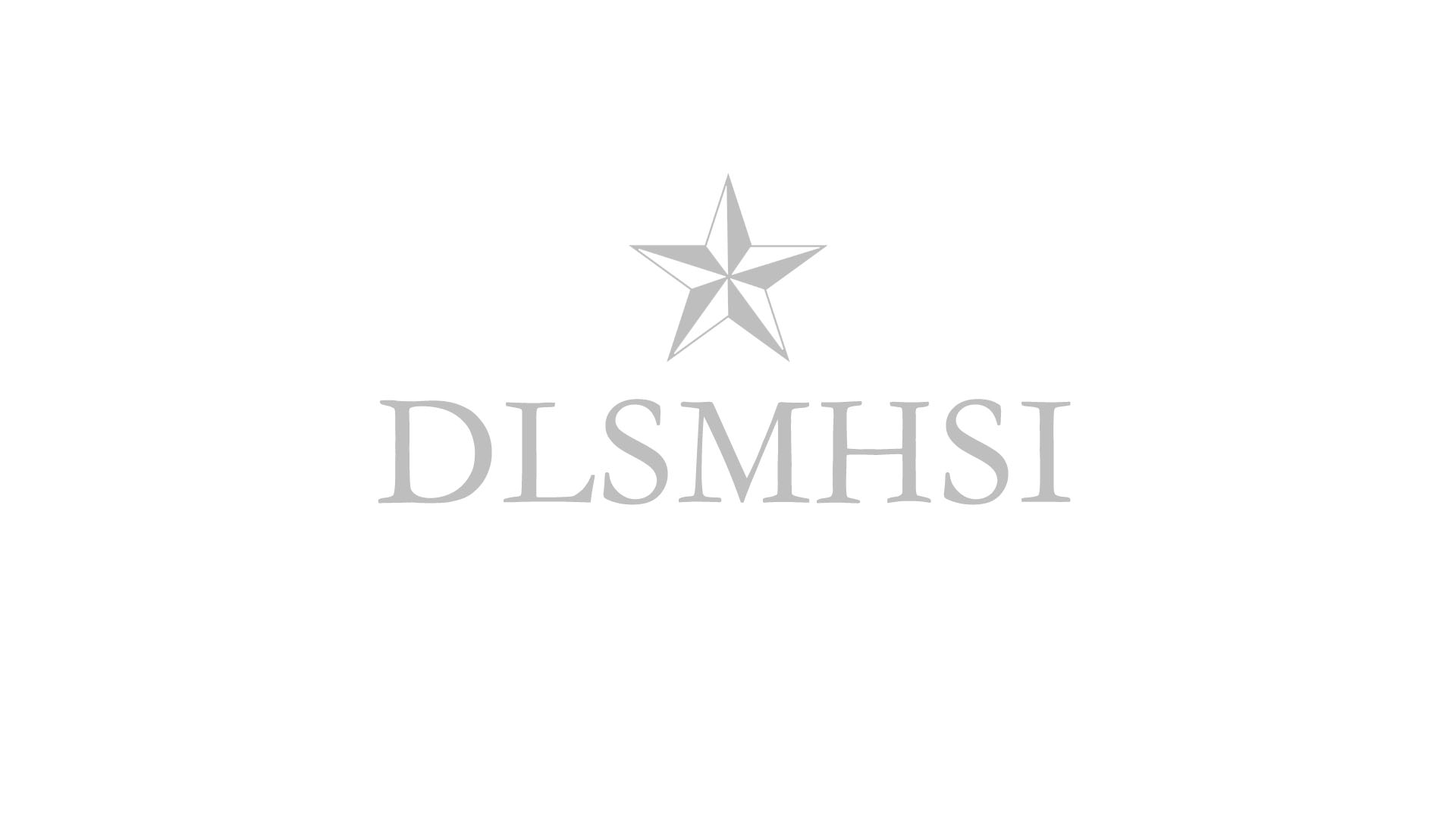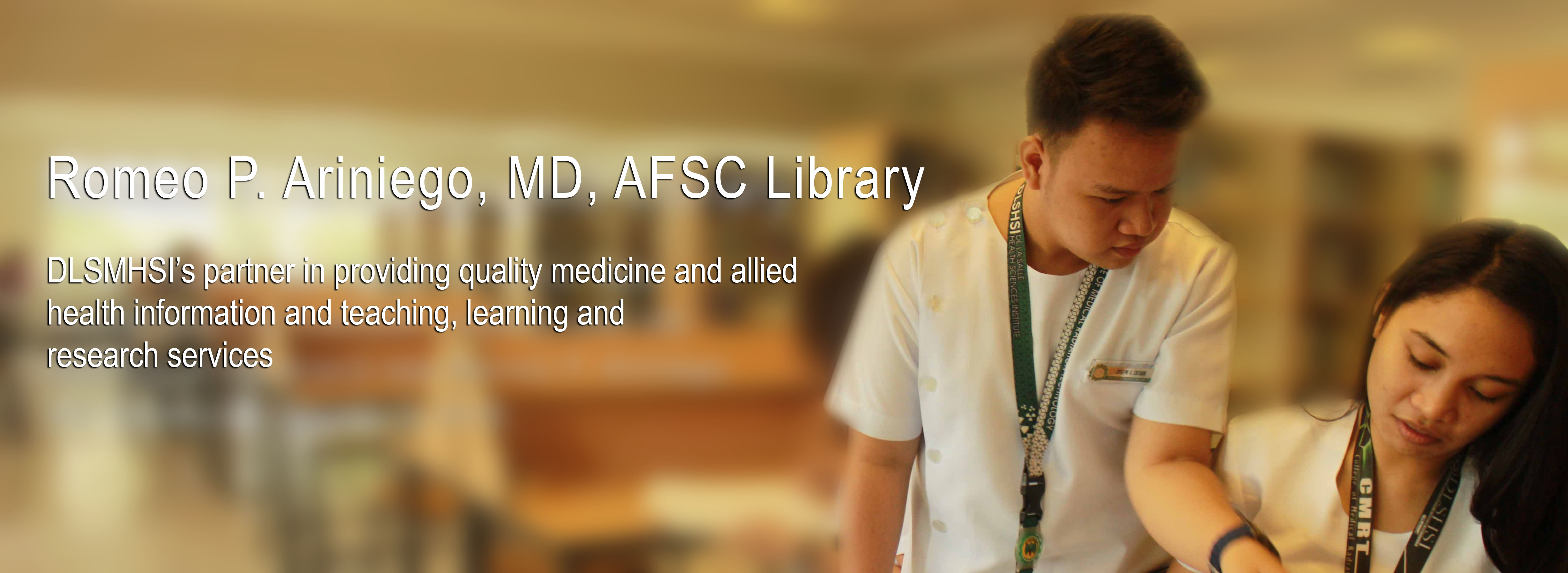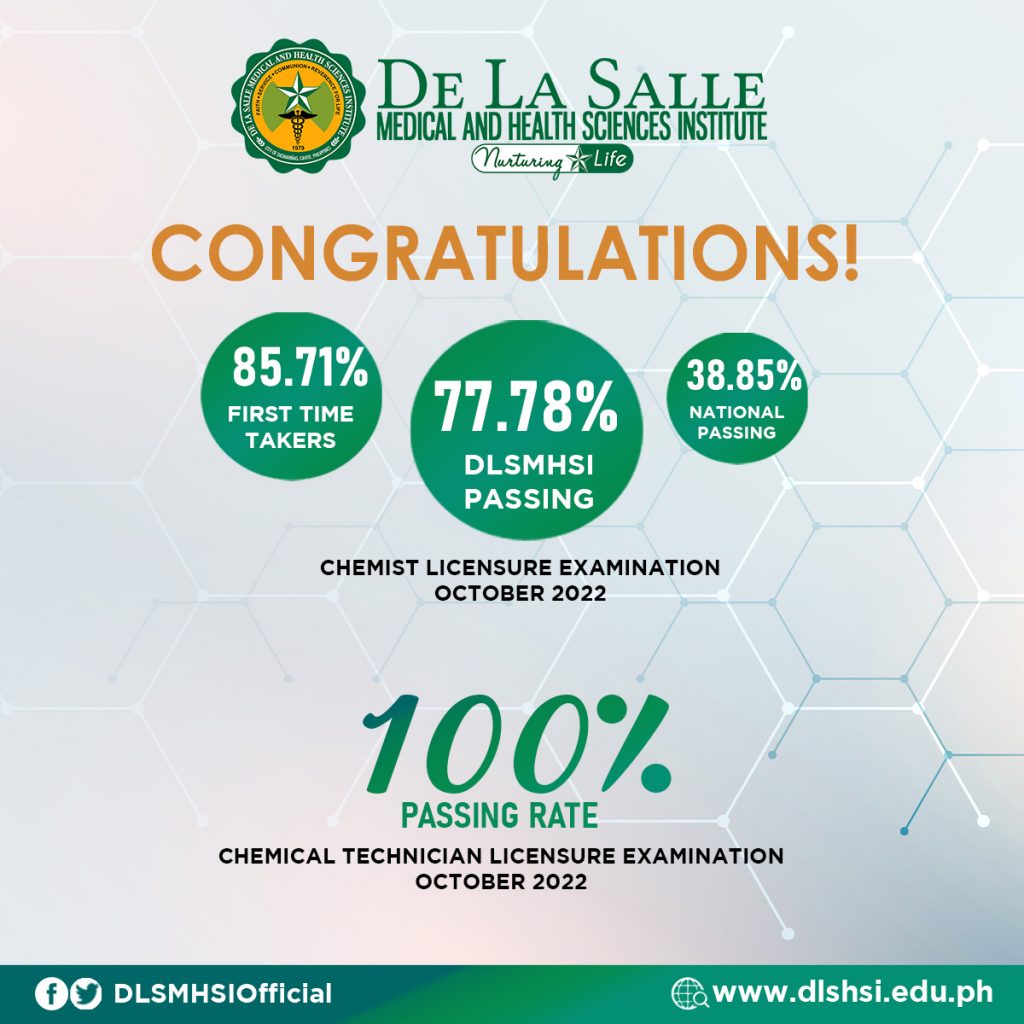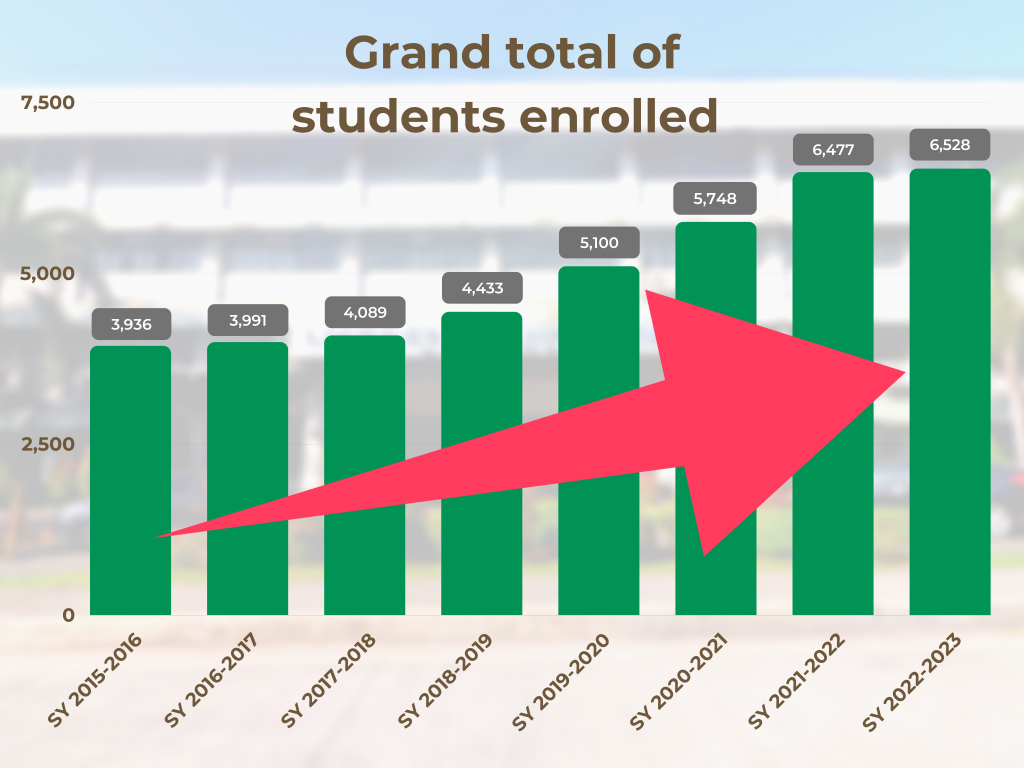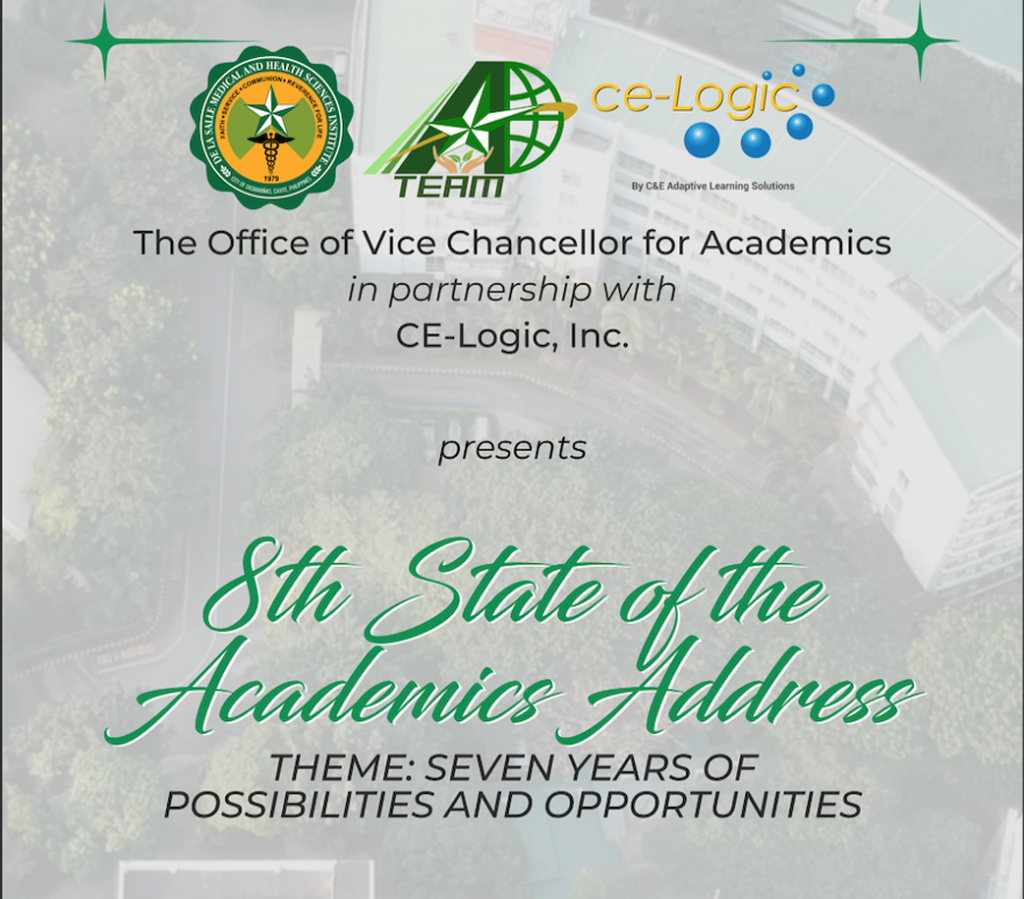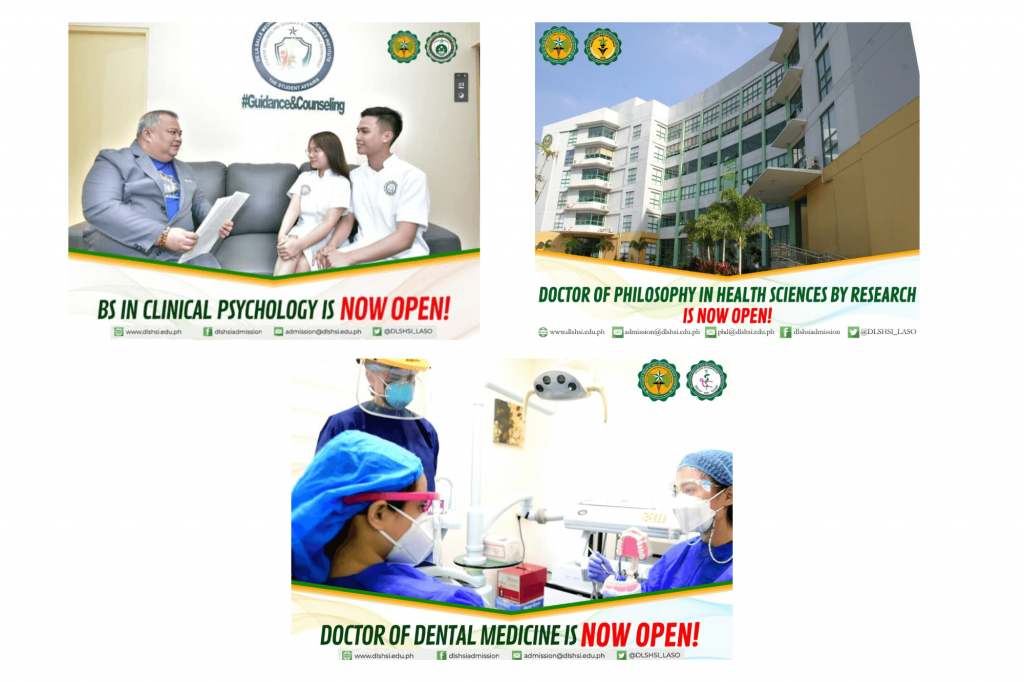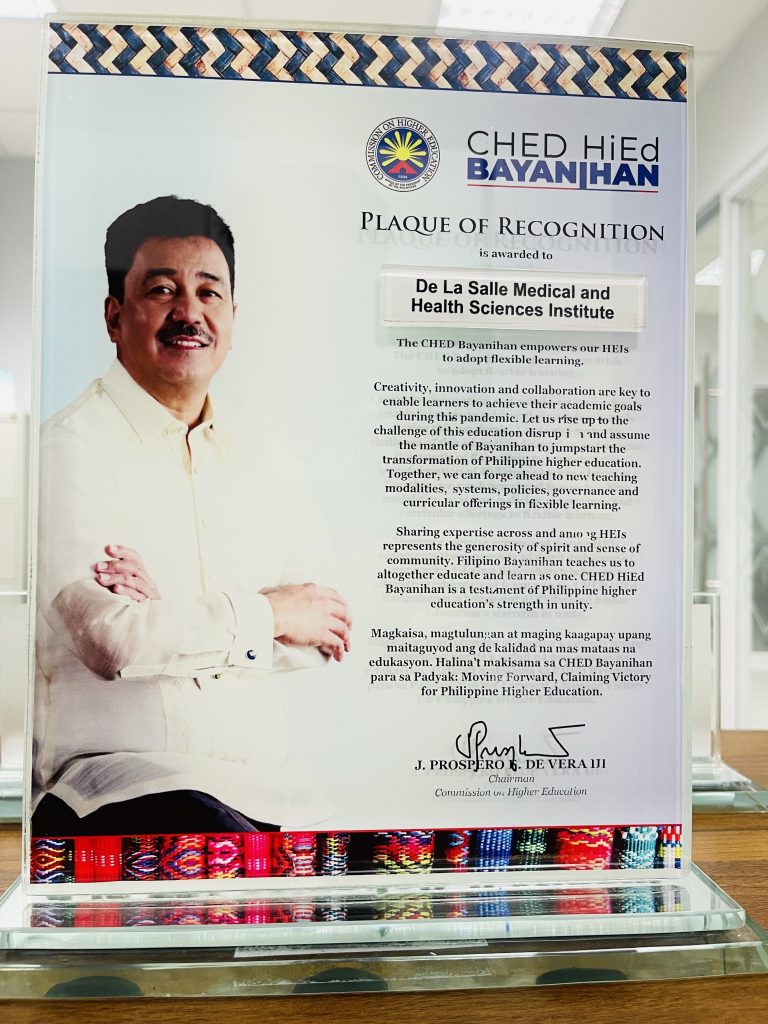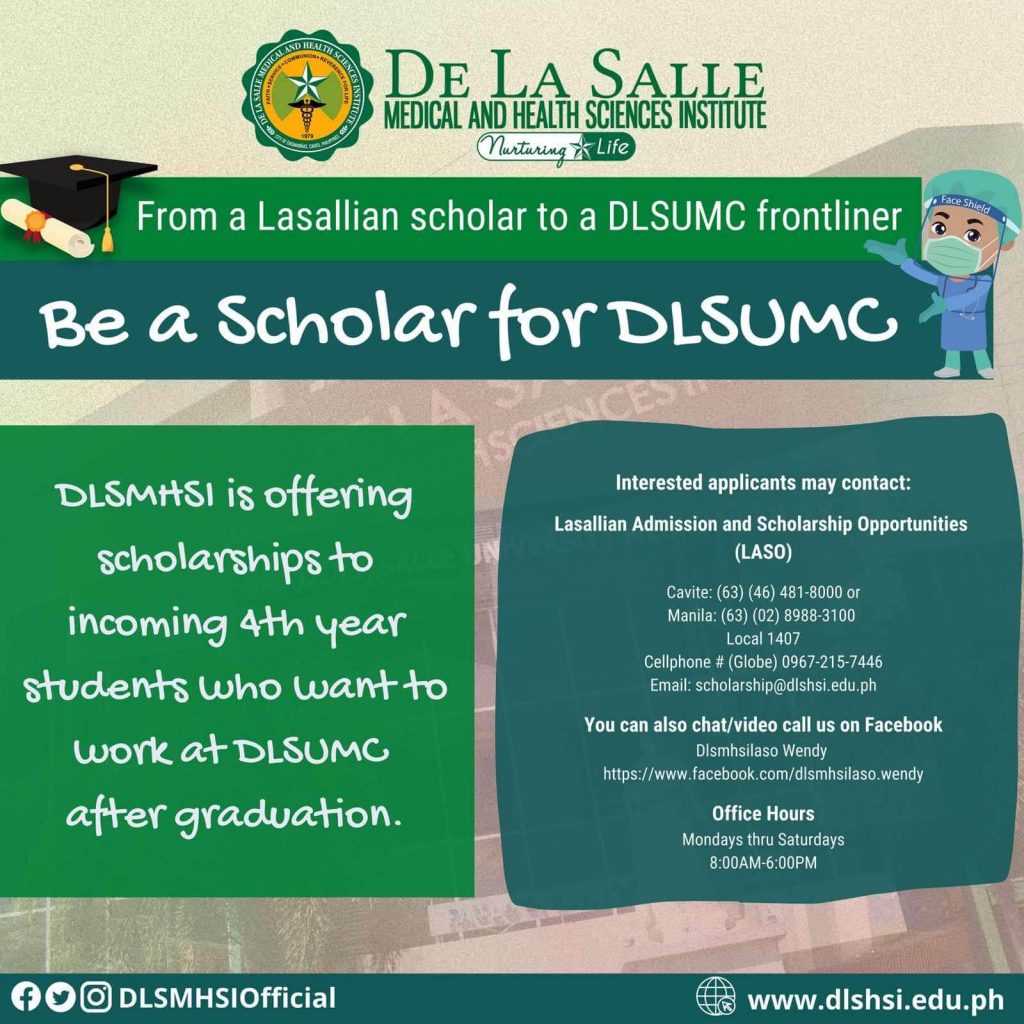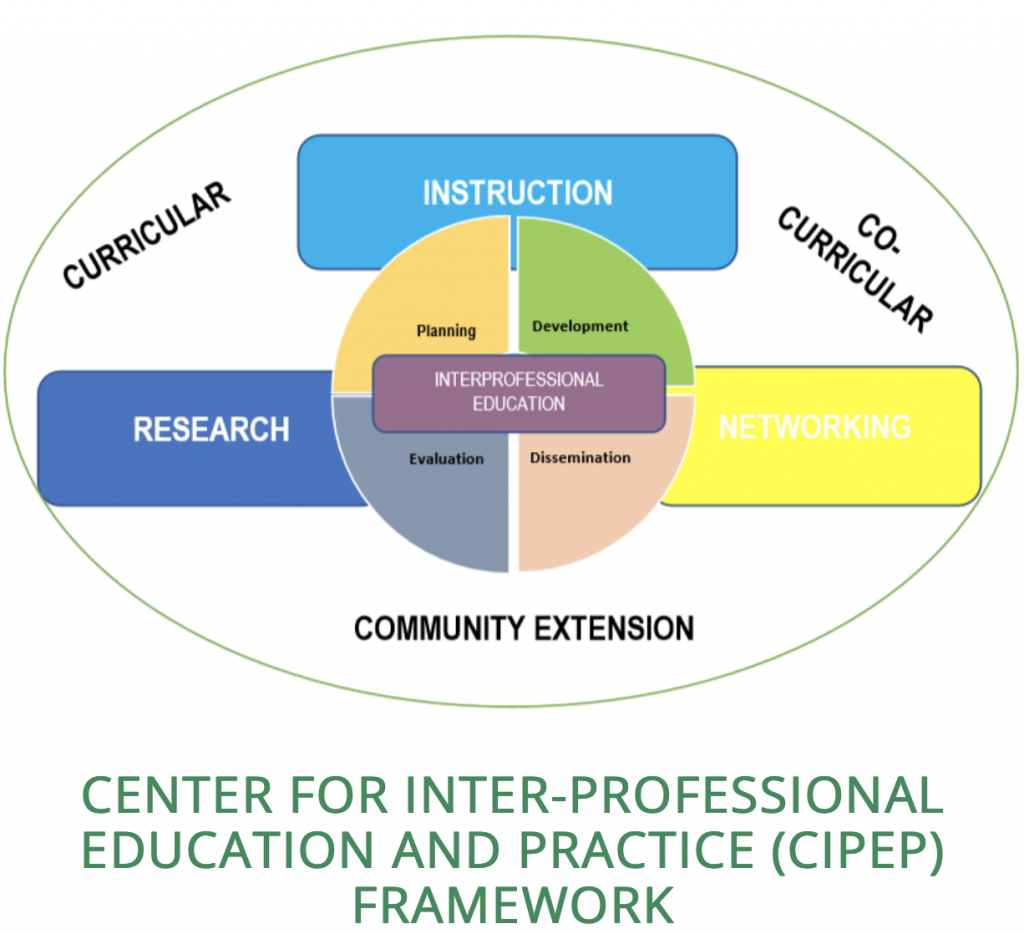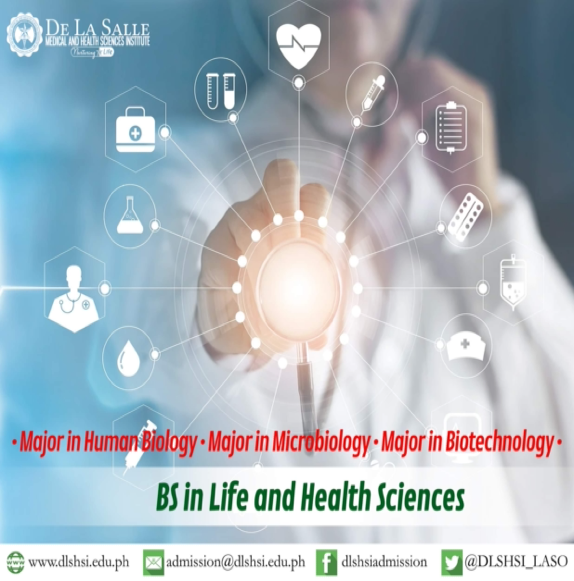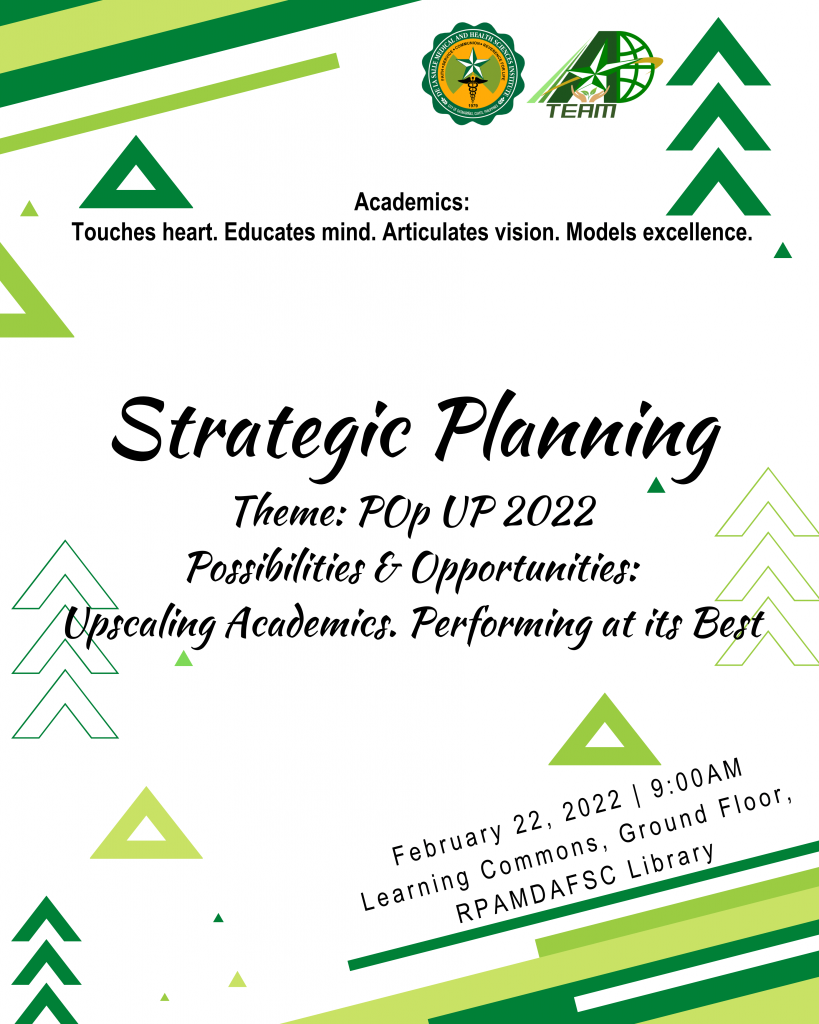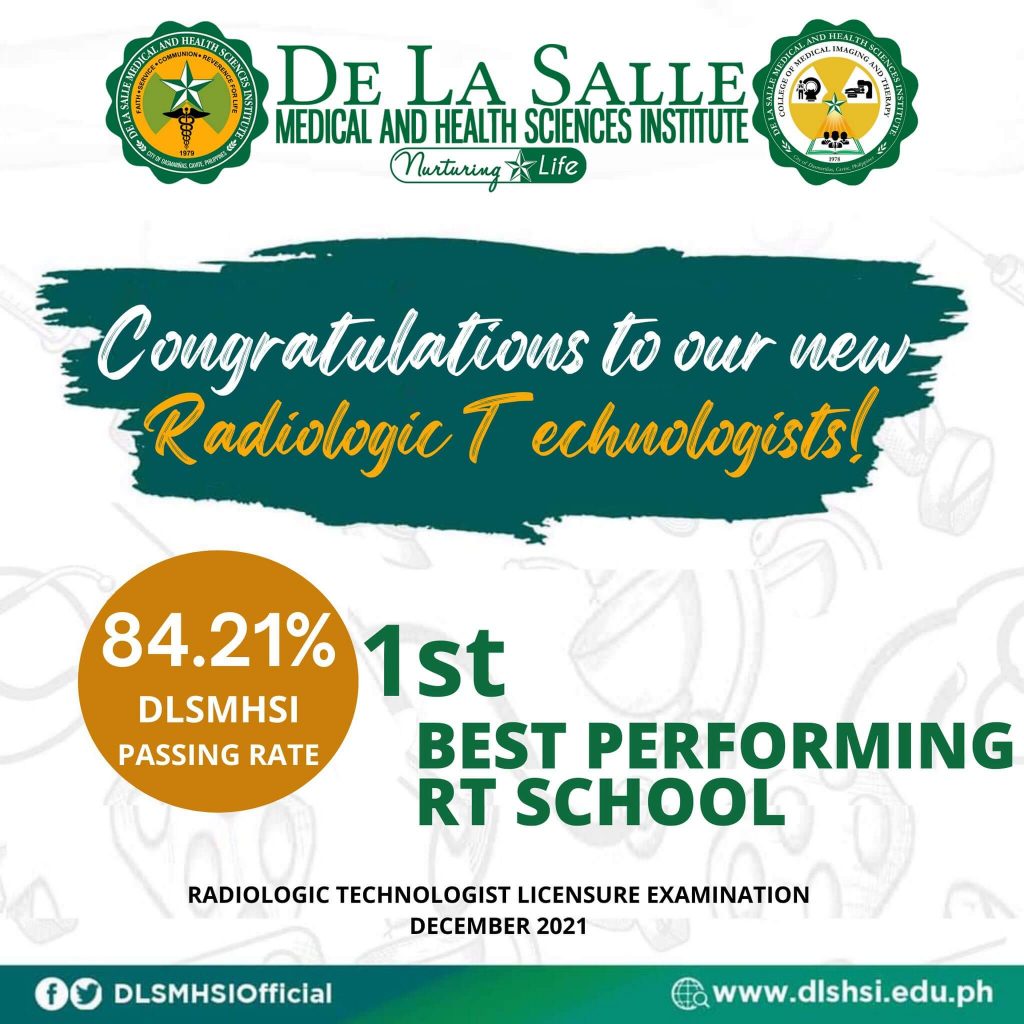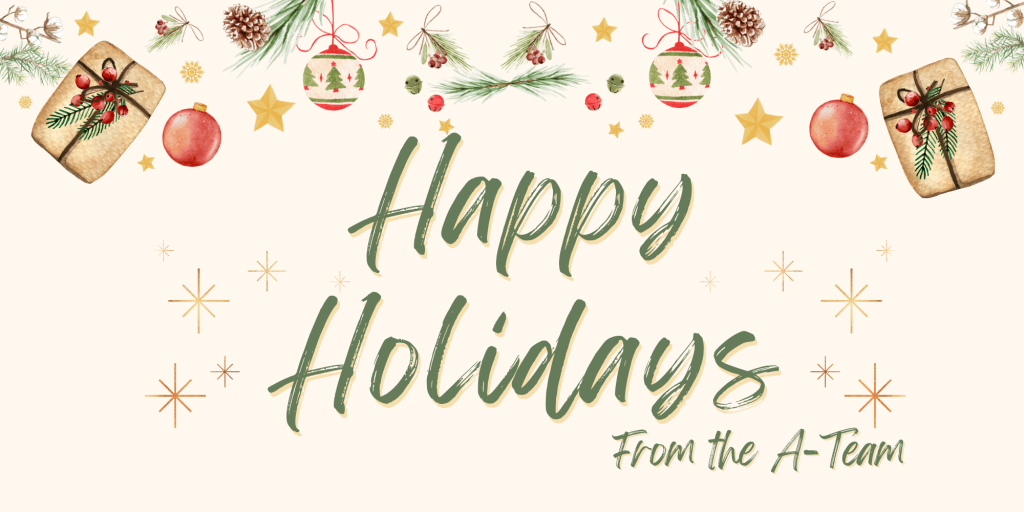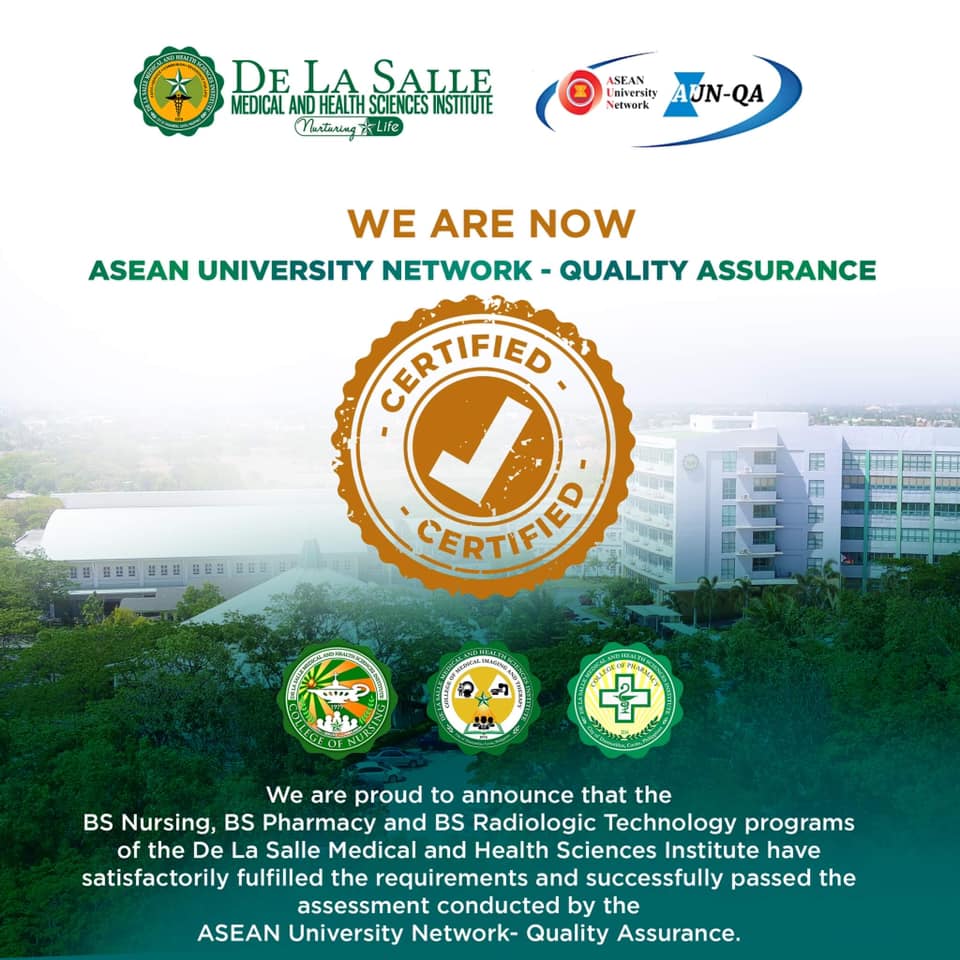
Academics bares plans for SY2021-2022 with the Strategic Planning Workshop and Culminating Activity
June 29, 2021 | 2:56 pm

Vice Chancellor for Academics Dr. Juanito O. Cabanias and outgoing and incoming academic administrators of SY2021-2022 attended the Strategic Planning Workshop and Culminating Activity held on June 2, 2021 at the Learning Commons of the Romeo P. Ariniego, MD, AFSC Library. The Presidential Management Office Managers and Heads were also invited as guests.
The program started with the 3-minute presentation of highlights and accomplishments and challenges of the Deans and Directors in SY2020-2021. Dr. Cabanias then discussed the strategic theme of the Academics for SY2021-2022, “Posible”, and the 12 strategies under it to set the direction of the plans and programs of A-Team in the coming school year.

Positive: Strategies that would show confidence and hope that despite the pandemic, excellence in our academic programs, accreditation and quality assessment initiatives, faculty and staff development shall continue and shall even be intensified.
- Strategy 1 – Achieving at least 80% Passing Rate and Above the National Passing Rate in the Licensure Examinations beginning SY2018-2019 up to 100% by SY2024-2025 (BPA2).
- Strategy 2 – Attaining PAASCU Level 3/4 for all Colleges by 2026, ISA Certified, Center of Excellence, Center of Development, AUN-QA Certified, Center for Simulation in the Region and University Status (BPA9, PLFCR1,7, KAP 2,1).
- Strategy 3 – Ensuring Academic Teaching Faculty, Academic Service Faculty & Academic Non-Teaching Personnel Development and Research Programs (BPA5,4,1, PLFCR1,6, KAP3).
- Strategy 4 – Upgrading Education Technology, Facilities & Equipment to Optimize Student Learning.
Resilient: Strategies that would show that the Academics can gradually, creatively and systematically return to its normal operations as student development, curriculum development, partnerships and collaborations are adjusted to meet the changing times.
- Strategy 5 – Providing Student Development & Scholarships (20%) (BPA2,4, PLFCR1, 11, 12).
- Strategy 6 – Maintaining and Sustaining the Creative Initiatives of Academics in Response to the Needs and Demands of the New Normal. (BPA2, KAP5).
- Strategy 7 – Monitoring and Evaluating the Implementation of Curriculum (BPA2, PLFC5,8, 10).
- Strategy 8 – Establishing National and International Partnerships and Collaborations (BPA8,10,11, KAP 5).
Visible: Strategies that would show that the operational, educational, environmental and spiritual commitment of the Academics are felt.
- Strategy 9 – Maintaining and Improving the Academics’ Quality Management Policies, Standards and Guidelines.
- Strategy 10 – Providing Continuing Professional Education Programs.
- Strategy 23 – Ensuring 100% Compliance in Environment Management System Policies, Standards, Programs and Activities of the Institute.
- Strategy 30 – Strengthening Transformative and Sustainable Social Action Programs for the Last, the Least and the Lost.
The latest Academics video “Posible: the DLSMHSI Learning Experience during COVID-19 Pandemic” was also launched. The video highlights the DLSMHSI experience of making learning possible even during the pandemic. It tells the story of commitment, hard work, triumphs, and challenges of the Administrators, Academic Teaching and Service Faculty, Non-Teaching Personnel, and Students to continue learning despite the tough times.



During the strategic planning, Dr. Cabanias also bared the roadmap of attaining the University status by DLSMHSI in 2022, one of the priority projects of the Office of the Vice Chancellor for Academics (OVCA) to be handled by the incoming Special Assistant to the Vice Chancellor for Academics (SAVCA).

A brainstorming and discussion about the Academic strategies followed in the afternoon. Academic administrators were asked to discuss the following: (1) Choose a strategy that shall be your flagship program for SY2021-2022 and (2) Determine the possible challenges in relation to your flagship program and how do you plan to turn those challenges into opportunities. Responses were collected using Mentimeter and the Deans and Directors shared their thoughts on the questions raised.




The program ended with a gesture of appreciation to the outgoing academic administrators for their service, hard work and commitment.
Health and safety measures were observed for the duration of the program.


Latest Publication

